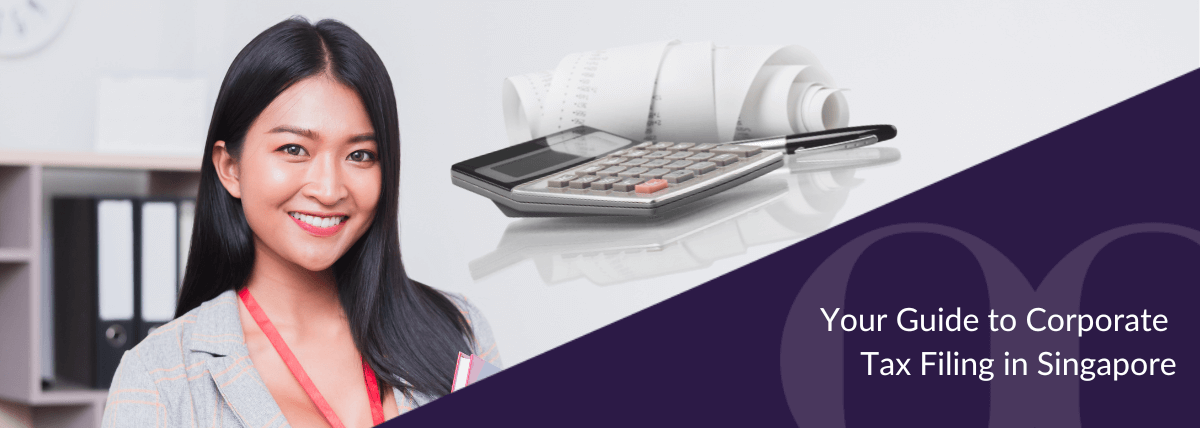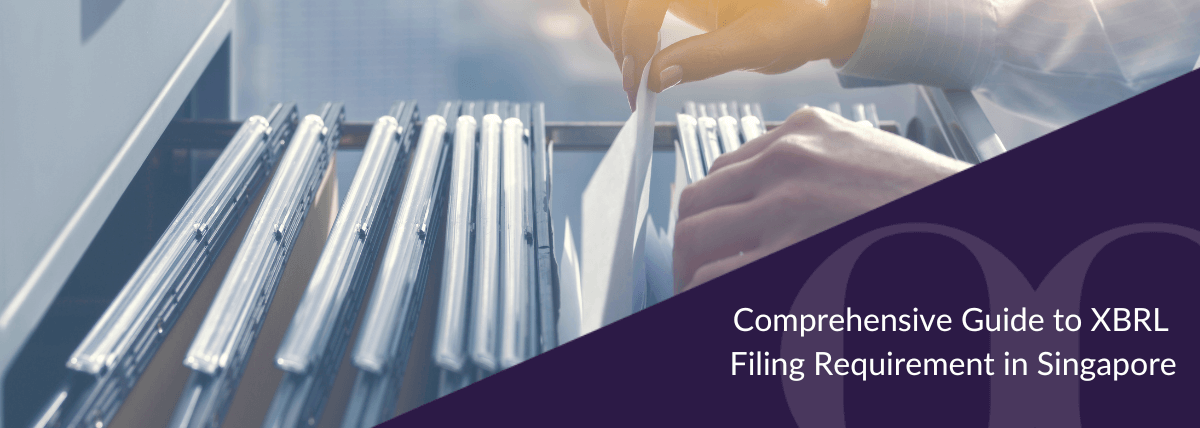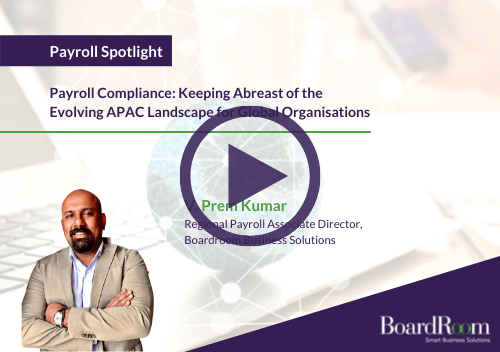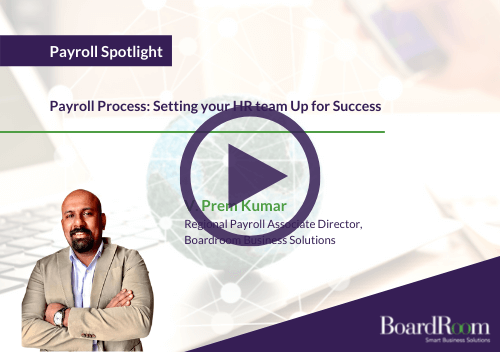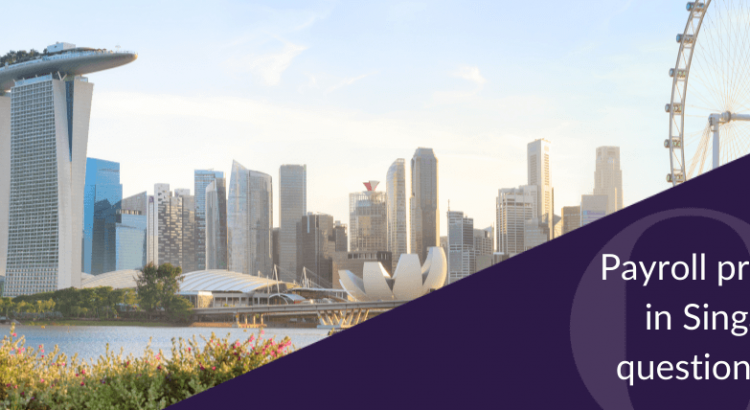Client Profile
The Client is a multinational company that owns some of the world’s most iconic beverage brands that are enjoyed globally.
The Asia-Pacific branches make up almost one-fifth of their operations, where BoardRoom is currently the payroll outsourcing provider for 10 countries – Singapore, Australia, Japan, Korea, China, Taiwan, Thailand, Vietnam, Indonesia and Myanmar. In total, we are responsible for 100% of their APAC workforce, which totals 1687 employees.
Payroll Challenges
One of the challenges MNCs face when expanding or maintaining payroll operations within Asia-Pacific is the lack of understanding between subtle nuances across labour governance frameworks in the region.
About BoardRoom
17
Countries
We provide Payroll Outsourcing services across 17 countries, including Singapore, Malaysia, Australia, Hong Kong & Mainland China
24,000
employees
We take care of the payrolls of almost 24,000 employees across Asia Pacific
100%
first-time accuracy
100% first-time accuracy for payroll processing
01 Ensuring Compliance to Latest Payroll Regulations
With its diverse cultural landscape, Asia-Pacific is well-known for its intricate payroll needs that often require specialised knowledge. Payroll regulations change frequently, which can prove challenging for HR teams to keep track of, especially if they’re unfamiliar with the country’s labour laws. This lack of knowledge can negatively impact companies through payroll fines and dissatisfied employees that experience payroll miscalculations.
This is especially challenging for larger companies due to their diverse employee payroll profile which requires an in-depth knowledge of the different payroll calculations and deductions for each employee. As a result, some HR teams in MNCs can struggle to ensure payroll compliance while also performing administratively heavy tasks such as checking and dispersing wages.
02 Impact on Productivity
When operating across multiple countries, payroll processing can often be done in siloes by individual payroll teams resulting in a lack of standardization across processes and workflow. Moreover, as companies expand into new markets, it can be challenging for the HR management to maintain oversight with every country and or states unique legal and social landscape. This can reduce productivity of HR teams as more effort is required to check errors and ensure accuracy.
Companies with rapid expansion plans might find it hard to build their HR administrative operations within the quick timeframe required to meet growth ambitions. The Client recognised this fact and identified the need for an experienced regional payroll outsourcing partner who could support their growth across Asia-Pacific.
The Solution
With the above challenges in mind, BoardRoom focused on how we could streamline their payroll operations. With our expertise in processing payroll for large multi-national companies across the Asia-pacific region, we support them as they continue to grow.
01 Ready Access to Regulatory Advice
The first step was ensuring that they could access the depth of regional knowledge and expertise that the BoardRoom team possesses. Companies spanning multiple jurisdictions require timely guidance on regulatory updates or necessary deductions, which BoardRoom provides. From advice on ad-hoc bonus payouts and the deductions required or what reliefs for payroll-related taxes that the company can qualify for, BoardRoom has the expertise to advise accordingly. In addition, our team’s experience and expertise enables us to analyse existing HR frameworks and optimize processes for the best payroll performance.
02 Standardised Framework
Next, we looked into centralizing standard payroll operations across the APAC branches, meaning they were able to shift away from siloed payroll processing. Through analysis of existing structures, BoardRoom made informed recommendations to assist in streamlining of processes. This helped boost efficiency of their regional payroll processing and provide more control and foresight for planning.
Capitalise on BoardRoom’s Asia-Pacific payroll experience today
As a global company, payroll compliance is challenging to maintain consistently across the APAC region. That’s why picking the right payroll outsourcing partner is essential to keeping your payroll processing as compliant as possible. A reliable partner like BoardRoom will be able to:
- Guide you on specific local payroll advice across the region
- Advise you on regulatory concerns and relevant updates
- Help you standardize processes across the region
Are you interested in engaging our expertise to optimize your regional payroll processing? Reach out to us to discuss in greater detail how you can capitalise on our experienced regional payroll experts.

